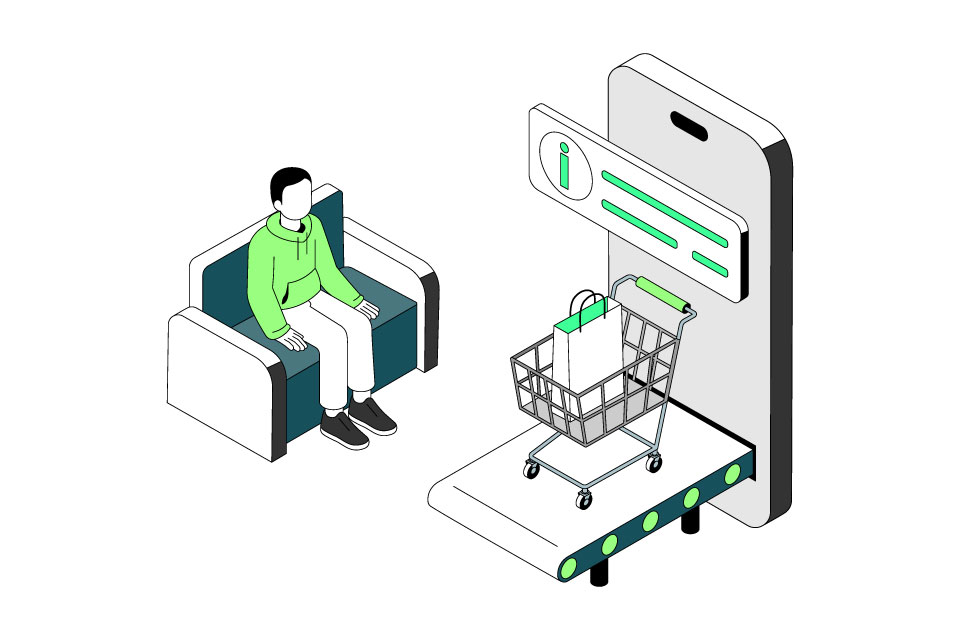The ongoing challenge with a number of very public cyberattacks is clearly not going away and is a topic of conversation with many of the businesses I am spending time with – whether from a crisis management point of view, or as an issue with managing their service experience and reputation.
This is not all that surprising, given the continued flurry of digital outages and data breaches that have followed those faced by M&S and the Co-op. The impact is vast, with these events affecting all types of organisations – from other major retailers and household names like Adidas, to vital public services – and, of course, consumers too.
And as I wrote earlier this week, recent developments demonstrate how real this threat is for service-led businesses – with the impacts reaching from everyday operations, to the ongoing availability of products and services, their supply chains, and ultimately potential long-term reputational damage.
Navigating the immediate fallout
In these moments, it’s understandable that managing the immediate impact is critical to get ahead of the issue. And there are a few key factors that can help organisations to weather the storm in the short-term, whether from a cyberattack or a different form of operational disruption.
First and foremost is ensuring clear communications with the customer and maintaining this in an effective and on-going open manner. Additionally, we need to be ensuring colleagues are well-informed, so they feel able to provide appropriate support and reassurance. And lastly, evaluating the end-to-end customer journey to understand all areas that are impacted to minimise further disruption – and to demonstrate that you are on top of the issue – is crucial.
As I discussed with the Financial Times recently, companies not as focused on their customers over the longer term to build a bank of goodwill would struggle to swallow similarly substantial hits to their operations and ultimately profit. Beyond this, organisations should also look to communicate clearly with customers, employees, and investors, leverage robust contingency plans and alternative service channels, and work closely with supply chains to receive updates and find solutions to shortages.
Learning from service failures to futureproof success
But for me, it’s crucial that we don’t just react to crises as they happen. The true challenge – and opportunity – lies in learning deeply from these moments, so businesses emerge stronger not only financially, but with enhanced reputations too.
This is highlighted in our recent research on Risk and Reputation. Whilst it’s encouraging that nearly half (49%) of employees believe their organisation has made some changes in response to a customer service failure to recover its reputation, just 16% think they’re in a better position having learnt from the issues.
Ultimately, this figure must improve. Not just because incidents like cyberattacks are becoming more frequent, but so that businesses are better prepared for the next inevitable challenge.
This begins with creating a culture for effective management of customer service, risk, and reputation. Organisations that foster a culture driven by customer service excellence – and which ensure that the operational importance of service is understood across the business – are setting themselves up for success.
Furthermore, business leaders who are getting this right are developing the key skills and capabilities of their people, to improve agility and capacity to respond to changing customer demands and evolving risks.
And lastly, we also need to ensure that our boards have the expertise and resources to make a balanced assessment of the impact of customer service on operational, brand and reputational risk.
By learning from these failures and disruptions when they happen, businesses aren’t just better prepared to respond more effectively to incidents in the short term. They will also lay the foundations for lasting service excellence, trust in your organisation and, therefore, long-term reputational strength and success.



